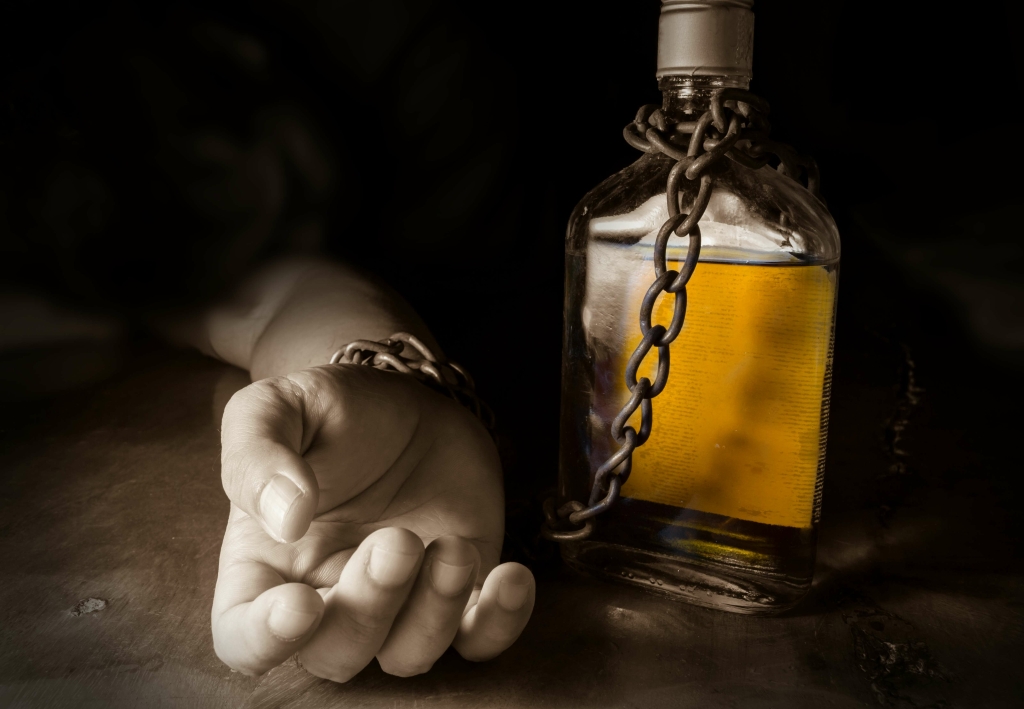Stressful situations and triggers will arise, but by developing coping strategies and leaning on your support network, you can navigate them without risking relapse. Ultimately, recovery is about building a life you’re proud of, one that nurtures your physical, mental, and emotional well-being every step of the way. Regular physical activity has multiple benefits, including improved mental health, reduced stress, and a healthy outlet for emotions. These can all go a long way in reinforcing your commitment to sobriety. Include some form of physical activity or exercise in your daily routine as part of your aftercare plan. Adjusting to life after treatment can be overwhelming, creating stress and uncertainty.
Helped Your Loved One
This regular communication helps you stay connected to your support system and provides an opportunity to seek guidance or encouragement when needed. You can still go out, eat well, and have fun without triggering cravings. https://toointence.com/this/2022/07/28/alcoholism-life-expectancy-how-long-do-alcoholics-2/ If you’ve asked yourself what is a sober vacation, this kind of trip answers that question clearly. You may notice more, remember more, and connect deeper. Retreats give you simple meals, gentle movement, and quiet space. You don’t need to talk about recovery the whole time either.
What to Pack to Support Your Recovery On the Go
Let others know if you are uncomfortable or feeling triggered. Pick a place to refresh and reenergize that also supports your recovery. Don’t settle for a vacation scene that is alcohol-centric. It’s important to ensure that your plans are in line with your recovery and that your vacation time does not interfere with your sobriety.
- Exploring the world and creating unique memories while keeping a clear mind is achievable, sustainable, and rewarding.
- Mindfulness practices, such as meditation and deep breathing exercises, play a significant role in managing stress, reducing cravings, and staying grounded in your sobriety journey.
- However, it is important to note that flexibility may be necessary if a situation arises that may threaten your sobriety.
- Researchers and doctors are making exciting progress in understanding mental health and addiction—bringing hope to millions.
- When your loved one returns home from rehab, she will feel a bit conspicuous, as if everyone is watching to see what she will do, if she has changed, how she will live, etc.
Planning Ahead for Sobriety
- These activities will help to address underlying issues that can trigger a return to substance abuse.
- For someone in recovery, the urge to drink can be cunning, baffling, and powerful.
- Knowing what to expect and when to expect it can alleviate some of the stresses of being on your first sober vacation and avoid triggers.
- The important thing is to have events of any size to look forward to, instead of losing focus on your sobriety in the novelty of being in a different place.
- Some places make it easier to avoid pressure and stay centered.
These groups offer a safe space for individuals in recovery to connect with others who understand their journey. In today’s digital age, technology offers a wide range of communication options that can help you stay connected while traveling. Platforms like Skype or FaceTime allow you to have face-to-face conversations with loved ones, even when you’re far away.
Many treatment centers and recovery nonprofits offer retreats that combine the benefits of meditation, group therapy, adventure, and rest. Some well-known options include Jaywalker Lodge’s adventure-based recovery retreats in Colorado and Omega Institute’s holistic recovery workshops in New York. These retreats provide safety, structure, and community while still offering the healing of travel. If you’ve been craving a break but worry about losing your footing, this is a great middle path.

There are times when I travel with people that drink alcohol too. I have learned to stay in my own lane when it comes to drinking. I have fun with my friends that drink and they are respectful vacationing in recovery of my choices. They support me in finding menus with alcohol-free drinks. Our connection is our conversation and friendship, not alcohol. We have stayed up into the wee hours of the morning playing cards, listened to live music, made friends with strangers, and danced on tabletops together.
Why Mental Health Screening is Important for Substance Abuse Recovery

Let Little Creek Recovery Center guide you down the right path to recovery, personal growth, and long-term sobriety. With pandemic restrictions slowly abating, the travel industry is forecasting that 2022 could be one of its busiest Alcohol Use Disorder years ever. A long-overdue vacation will be welcomed by many as a time of rest and relaxation away from everyday stresses. Many people don’t know very much about the state they live in and the local attractions to be found there.

The rush of getting to the airport, long check-in lines, delays and long layovers can strain the nerves of even the most patient people and trigger a relapse. Mindfulness involves staying present in the moment and fully experiencing your surroundings. This practice can help you stay grounded and reduce the impact of cravings. Remember, every step forward is a testament to your resilience and partnership. Explore additional resources on and take the next step toward a brighter future together. A live session can be an excellent way for couples to connect with others on a similar journey, gain insights from experts, and reinforce their commitment to recovery.
Alcohol Detox and Rehab Facility in MA
Having planned activities is even more important when you’re in unfamiliar territory. This isn’t to say that you should cram your days full of high-octane activities. The most effective way to create structure during your sober vacation is to bring in routines from everyday life to create and maintain consistency. Journaling, exercise and meditation are some of the most common and effective ways to bring your recovery routine with you on your sober vacation. Establishing a daily routine is essential for individuals in recovery.
